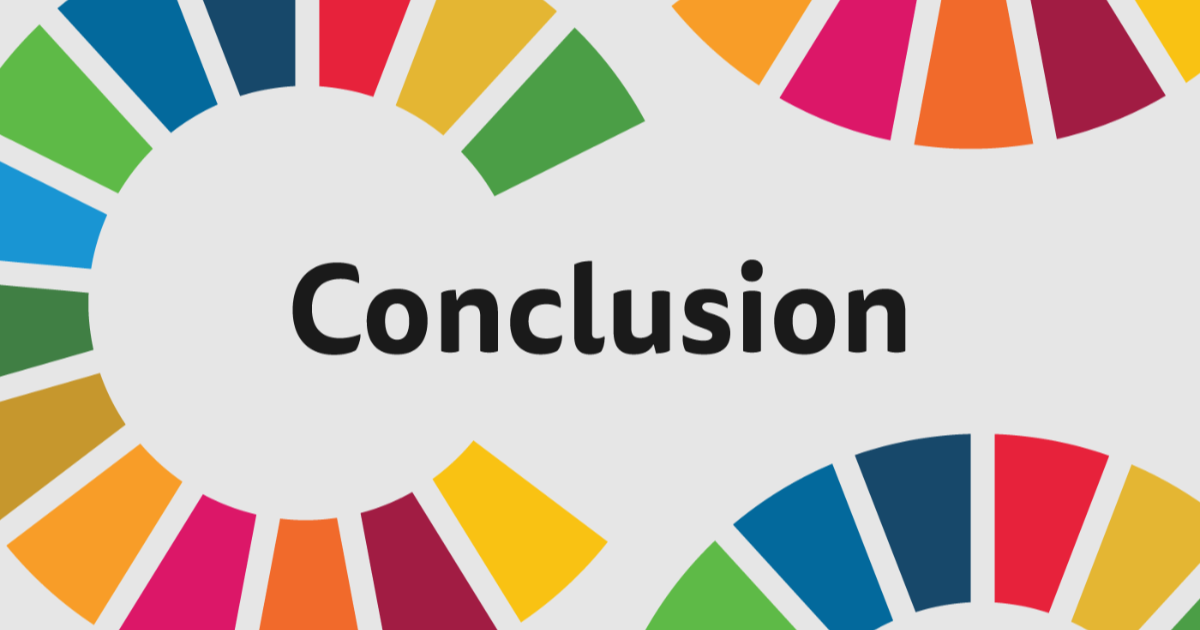What is the “Time Value of Money” for you?
Introduction to the concept: Time Value of Money
The saying “A bird in hand is worth two in the bush” is very old. This adage may have been true when it was first spoken, and some people may believe it to be entirely accurate. The world has clearly altered, even though the odds may not have changed significantly. Given everything and the importance of money in practically everything that happens around us, we may have to ponder this question in the depths of our minds: “How essential is my time, compared to my money?”
Let’s examine one example. Would you rather get one million rupees today or one million twenty thousand rupees in a year? Any reasonable person would think about all the potential problems in a year and desire the cash now. Let’s say that everything occurred as planned and that you would have received the money on the designated date due to moral considerations. And if we increase the amount, the stakes considerably increase. What would a smart person do if faced with this situation?
Despite the fact that it would appear unattainable, there is a simple mathematical formula that could help us find a solution to the time vs. money dilemma. The “Time Value of Money” is how we refer to it.
The time value of money, commonly known as net present value (NPV), is a fundamental concept in finance. It states that money received today is worth more than the same amount received tomorrow. This is true because you can invest the money you already have to get a return and gradually increase your fortune.
Getting back to our example You must ask yourself what kind of investment returns you may anticipate from the overall amount. 1,20,000 is 20% of 1,00,000. If you think you’ll be able to make more than 20% of the amount in dividends by the following year, take the money immediately. However, if you think you won’t be able to break even or make more than 19% in the next year, it would be smarter to accept the future payment. The Catch: Do you think they’ll give you money later?
Two other external elements that affect the time value of money are inflation and buying power. Inflation is the rate at which the average price level of goods and services in an economy increases over time ( value of a currency, in terms of the amount of goods or services that one unit of money can buy).
Due to the fact that they both make a sizable contribution to the major part of the computations, both of these criteria are crucial in deciding the best results for you. For instance, a litre of fuel currently costs 79 rupees and 15 paisa in Mumbai. In 1989, 30 years ago, the same litre of gasoline only cost eight rupees and fifty paisa. Gasoline prices will have soared by nearly ten times in three years.
The Formula

The following formula can be used to determine how much money will be worth in the future compared to its present value:
Where:
FVÂ = future value of money
PVÂ = present value of money
= annual interest rate
=number of periods interest held
Let’s look at a scenario where you have one lakh rupees and can expect a 10% interest rate or return on that amount each year for four years, assuming that the interest is compounded annually, using this formula.
FV = 100000 x (1+10)4
= 1,46,410 rupees
Similar to this, by just dividing the equation rather than multiplying it, we may calculate the present value of the money in order to determine how much return is necessary to equal the amount promised.
Knowing how much money your time is actually worth should make it easier for you to assess your options when choosing your priority.
Wealth, according to Henry David Thoreau, is the ability to live life fully.
In a well-known poll, people were asked to select between having more time or more money, and the study included both online and in-person responses from roughly 10,000 participants.
Unsurprisingly, the majority (about 64%) choose more money by choosing the more sane choice. Those that asked for extra time, though, seemed happier. Further research indicated that the following traits were also typically present in those who selected to want for additional time:
Older, which suggests that as we age, we grow more content with the importance we place on time.
Parents, which suggests that having kids might lead us to have a change of heart.
married, which again reinforces the idea that values and people might be related.
People who are financially more successful are less worried about providing for their basic requirements.
According to the study’s findings, if someone makes enough money to meet their basic needs and wants to start living a happier life, they should start valuing time more highly than money.
Also worth noting is the possibility that some of those who chose money had no other choice. If prioritising money had not been an absolute necessity for them to maintain a life where they can at least afford the bare minimums, the results would have been different.
Having said that, neither can we condemn individuals for placing a larger value on money than on time or any other resource, nor can we fully disregard the importance of money in worldly matters. An ostrich will bury his head in the sand when he sees a sandstorm coming because he thinks that if he can’t see the storm, it can’t see him either. He mistakenly thinks that he is immune to the approaching catastrophe as a result.
We should learn to develop a harmonious synchronisation between time and money because they are both essential components of our lives in a way that is quite similar to how we manage our work-life balance.
How successfully you’ll be able to secure peace of mind by finding the right balance between the two, as is the case with everything else, greatly depends on your attitude toward the time-money conundrum.
Money, or rather the lack of it, is without a doubt one of the biggest drivers of stress, but those that prioritise time more often tend to do better in the long term. This is not at all surprising considering that money moves. It makes an appearance and then vanishes, and the cycle repeats. However, one resource that can never be replaced is time.
Conclusion:

It’s a common complaint that people make that they don’t have enough time to do all of their tasks. People frequently complain that they can’t afford to do the things they wish to. We see people who are absurdly wealthy being razed to the ground and drowning in debt. In addition, we observe the sad lives that street beggars endure while having an abundance of free time and resources. Therefore, at the very least, we may say that being wealthy does not make us happy.
Most people will choose more money over more time if given the option, and even after they realise the importance of additional time, it usually takes some time for their perspective to alter. When individuals are living paycheck to paycheck, it is very difficult to justify valuing anything above money.
However, once you’ve reached a stage in life where you can reasonably afford basic essentials, you should begin looking for ways to save additional time. just because there is always more money. but need more time? As you have more time, a whole new universe of options opens up for you. Spending more time with your children will improve your parenting and make your family happy, even while more money may pamper your children.
Money is still a very essential factor. The proverb that states that while money can be used to purchase many things, not everything still holds true. Furthermore, as humans, the emotional, mental, and spiritual aspects of our existence are in no way impacted by money. So it would be a really excellent idea to start with time investment rather than financial commitment. You can always determine value by weighing the amount of money you have to spend against the amount of time you have. Your time is treated like a debit card in this enormous swiper. Use it with caution.



